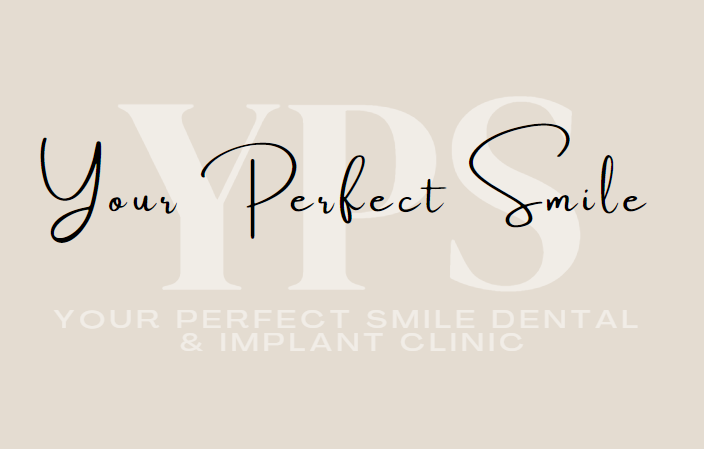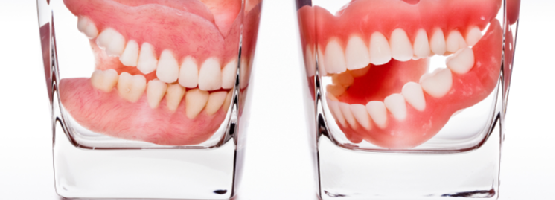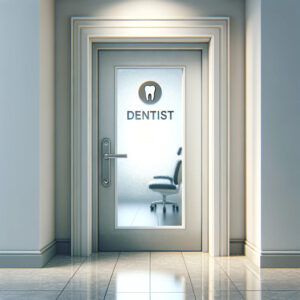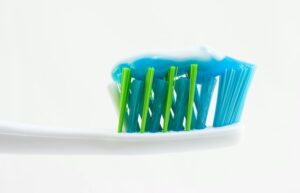Posted by:
Agnieszka Milbauer
Deciding on what to do when teeth are missing or we are about to lose them can be the toughest decision to make.
Not so long ago the only choice the patient had was to get a full acrylic denture. And yes, as much as we usually don’t like the idea of a denture soaking in the glass on the bedside table, it is a cheap and fast way of restoring missing teeth.
The question we have to ask ourselves when we make this type of decision is: Are we going to be happy with a denture?
Let’s start with what a denture is in the first place.
A denture, also known as false teeth, is a removable acrylic restoration replacing missing teeth and the surrounding soft and hard tissue. As everything, it comes with advantages and disadvantages. It is the cheapest available solution and achievable in a space of just a few weeks. With the development in dental materials dentures can nowadays look quite cosmetic with Enigma teeth mimicking natural teeth and colour tone gum multi-shading to avoid the false pale pink look of a typical denture.
However the most beautiful denture created by the best dentist will come with its challenges. Full denture design covers the whole roof of the mouth and is extended on the back giving many patients the impression of retching. This can be overcome but it does need a lot of patience while adapting to it. Dentures may also have a negative impact on our speech with temporary lisping or difficulty pronouncing words. Last but not least, it will move and rock while we chew and bite and it may feel like it’s falling down even when we simply smile.
How many times have we seen our family members or friends playing with their denture whilst having a conversation? How many times have we have seen someone taking a denture out while eating as they find it difficult to chew with plastic teeth?
Is it always that bad ?
No its not !
There are some lucky people with good shape of gum even if all teeth are missing and the denture can be designed to seal nicely with the soft tissue to ensure better fit. It will still be a moving, rocking “foreign object” in our mouth but lots of people have amazing adaptation skills and can develop balance between tongue and cheek muscles, allowing the denture to be held in one place.
The most common habit developed is pushing the tongue against the denture to create force against gravity, or frequent swallowing to create negative pressure underneath the denture.
Therefore while deciding what to do you need to ask yourself a few questions:
– how do you feel about having a “full denture” in the first place?
– do you think you will be confident when smiling with a denture?
– do you have so called ” gag / retching reflex”?
– do you have the patience to go through the adaptation?
If the answer to all is yes then you are likely to be a very happy person while wearing a denture. If you answered no to any of the questions above or are already encountering any of the above problems talk to the dentist about alternative treatments addressing your concerns.
There are implant related treatment options available to deal with multiple denture related problems. It is possible to tremendously improve denture fit with as little as 2 implants in the lower jaw and as little as 4 in the upper.
You can also chose an option with implants and no denture at all! No more denture in a glass on your bedside table 😉







Recent Comments